Stress, Health, and Behavior
.jpg)

Title Details
1st Ed.
Copyright © 2023 The Guilford Press
Richard McCarty, PhD
ISBN-13: 978-1-4625-5169-9
eISBN-13: 978-1-4625-5171-2
Psychiatry, Nursing, Allied Health, Social Work
Additional Details
Exposure to stressful life experiences can disrupt key regulatory systems in the body and contribute to a variety of negative health outcomes. This authoritative text takes a biopsychosocial approach to understanding the role of stress in alcohol use disorder, posttraumatic stress disorder, depression, cardiovascular disease, type 2 diabetes, cancer, and other chronic diseases. It presents cutting-edge knowledge about how stressors are conceptualized and measured; connections to disease processes; systemic racism as a significant, ongoing stressor for people of color; and factors that promote resilience. For each of the disorders discussed, proven and promising stress-targeted clinical interventions are reviewed. Student-friendly features include an end-of-book glossary and an extensive bibliography to facilitate in-depth study of selected topics of interest.
The book is an "authoritative text" intended for students and instructors, suggesting that it is written primarily as a textbook. While it is certainly suitable for this purpose, the book is also written in a way that will be useful to those without a background in the subject matter. Stress affects everyone's health, so this book can be used by anyone looking to improve their health and well-being.
Doody's Review
"This book is well written and adaptable to fit the needs of a wide audience. It is as suitable for an undergraduate course as it is for individuals seeking to improve their understanding of stress-related disorders."
-- Gerald Steckmeister, PhD (Boston University) Doody's Review - previous edition
Table of Contents
Similar Resources

The Power of A Digital Library
TDS Health titles provide the latest healthcare information in a customizable and convenient format. STAT!Ref goes where you go, accessible by desktop, laptop, wireless or web-enabled mobile devices. Harness the power of learning in you hands.






















































